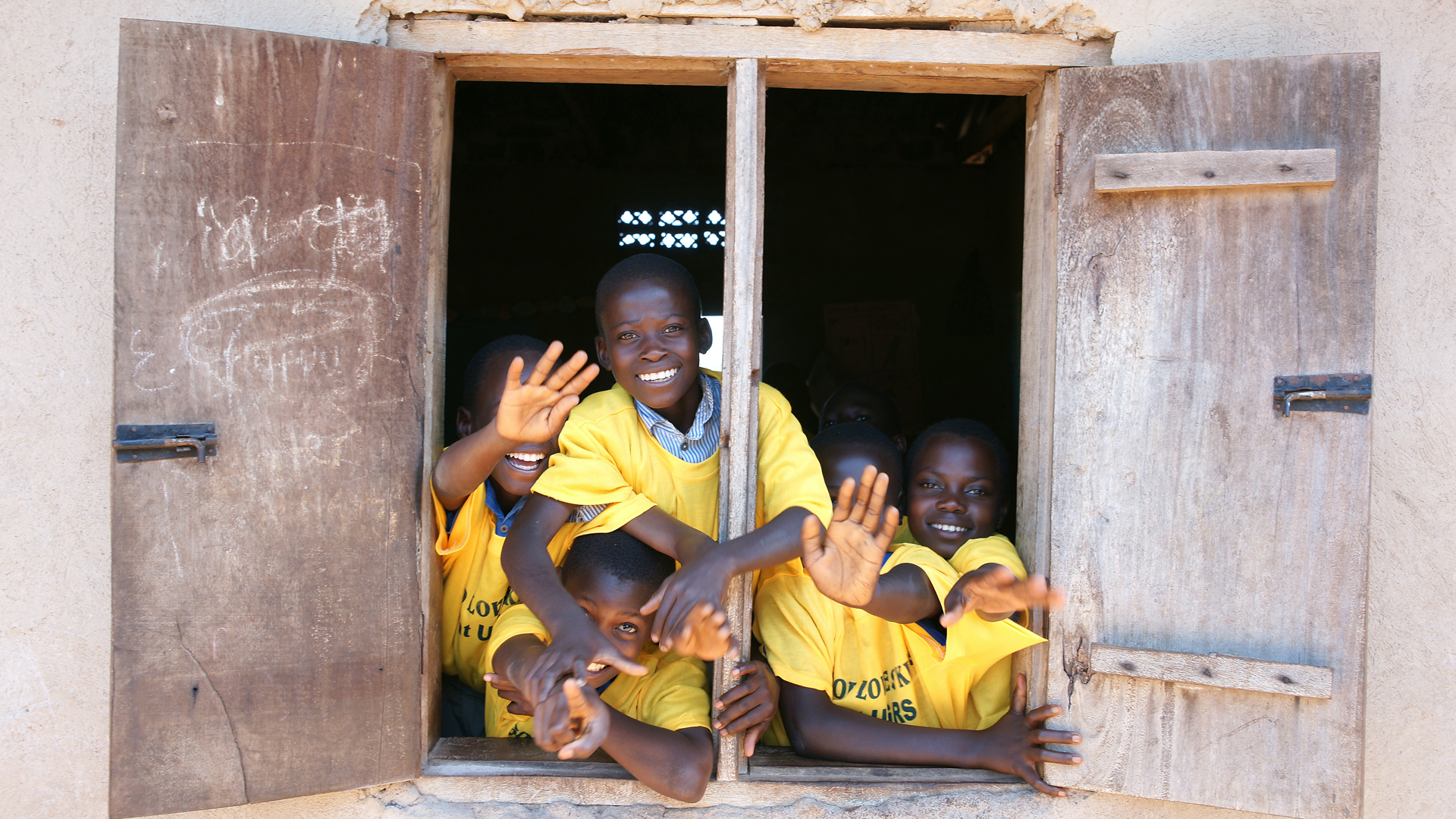Uganda is battling its eighth Ebola outbreak, caused by Sudan ebolavirus. According to World Health Organization data, more than 65 deaths have been recorded including more than eight school children.
Uganda has been facing both environmental and health catastrophes this year, putting thousands of lives in danger.
Six Ugandan districts have Ebola cases, including the capital, Kampala. Last week, all primary and secondary schools across Uganda closed as a result of more than 23 confirmed Ebola cases among pupils with eight subsequent deaths.
Two weeks ago, the country’s Education Minister Janet Museveni announced, ‘closing schools earlier will reduce areas of concentration where children are in daily close contact with fellow children, teachers, and other staff who could potentially spread the virus.’
Before the announcement, many parents feared for the spread of the virus causing many pupils to abandon schools and opt to stay home. According to the country’s Ministry of Education, low turnout in schools from Wakiso and Mubende districts posed a health threat as they were the epicentre of the virus.
The strain, known as Sudan ebolavirus, is not treatable.
Clinical trials across major pharmaceutical and biotechnology companies are currently underway to develop a vaccine. With the adverse effects of Covid-19 pandemic still being felt, the new threat continues to weaken Uganda’s economic recovery efforts.
Last month, in a measure to curb the virus spread, the government imposed lockdowns in Mubende and Kassanda districts, Central Uganda, the epicentre of the epidemic.
This was through implementation of an overnight curfew, closure of entertainment venues, worship centres, and restricting movement in and out of the two districts for a 21 day period.
The country’s Ministry of Health has set up an additional sixth treatment facility in a sports field to contain those infected in a secluded area. This comes after six health workers died of the virus in different parts of the country. The population at risk are those in rural communities who are unable to access medical services promptly.
Rural communities in central Uganda continue to live in fear despite the government’s assurance of providing quick medical services.
Myths and misconceptions attached to culture and religion continue to hold back the progress of containing the Ebola outbreak.
Despite schools in Mubende district remaining open, most pupils opted not to go to school for fear of the virus spreading, and Ebola symptoms mimicking Malaria have proven difficult to trace.




















